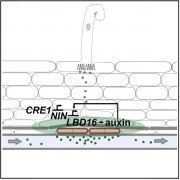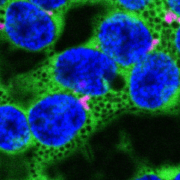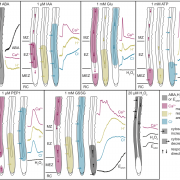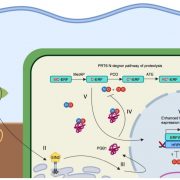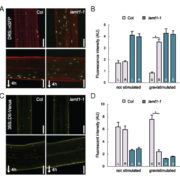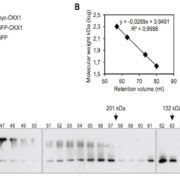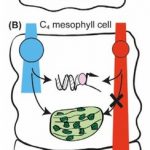Over‐accumulation of abscisic acid in transgenic tomato plants increases the risk of hydraulic failure (Plant Cell Environ.)
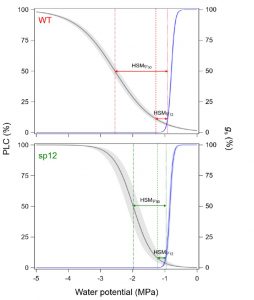 ABA enhances stomatal closure and so decreases transpiration. Several studies have shown that increasing ABA levels can increase water-use efficiency, so this strategy has been investigated with the goal of obtaining “more crop per drop”. Lamarque et al. investigated physiological and hydraulic effects of a tomato variety (sp12) overproducing ABA, starting with the hypothesis that ABA overproduction would decrease the risk of hydraulic failure. Instead, they found that the ABA-overproducing lines showed an increased risk of hydraulic failure, with xylem embolisms occurring at less-negative water potentials. Their data show that the transgenic ABA-overproducing lines “could have a narrower hydraulic safety margin, a lower capacity to maintain stem hydraulic conductivity, and subsequently a higher risk of mortality under drought.” As yet, the mechanistic relationship between ABA and vulnerability to embolism formation is not known, but it could involve xylem morphology or aquaporin function. (Summary by Mary Williams) Plant Cell Environ. 10.1111/pce.13703
ABA enhances stomatal closure and so decreases transpiration. Several studies have shown that increasing ABA levels can increase water-use efficiency, so this strategy has been investigated with the goal of obtaining “more crop per drop”. Lamarque et al. investigated physiological and hydraulic effects of a tomato variety (sp12) overproducing ABA, starting with the hypothesis that ABA overproduction would decrease the risk of hydraulic failure. Instead, they found that the ABA-overproducing lines showed an increased risk of hydraulic failure, with xylem embolisms occurring at less-negative water potentials. Their data show that the transgenic ABA-overproducing lines “could have a narrower hydraulic safety margin, a lower capacity to maintain stem hydraulic conductivity, and subsequently a higher risk of mortality under drought.” As yet, the mechanistic relationship between ABA and vulnerability to embolism formation is not known, but it could involve xylem morphology or aquaporin function. (Summary by Mary Williams) Plant Cell Environ. 10.1111/pce.13703


